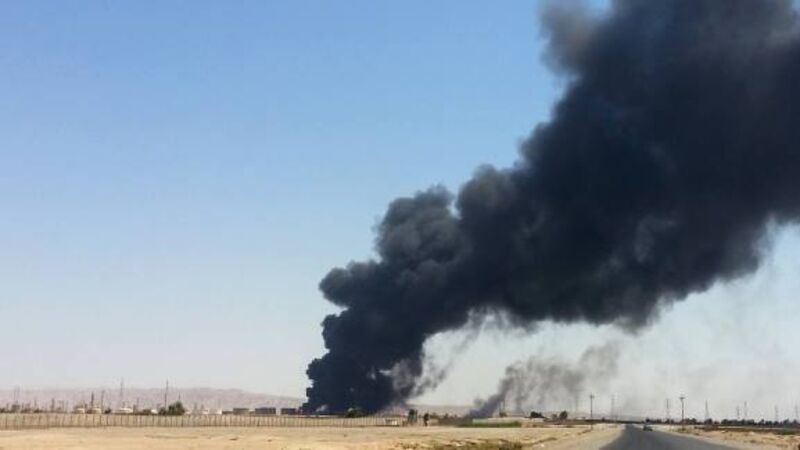300 US advisers to be sent to Iraq

Speaking at a news conference after a meeting with his top national security advisers, Obama said he was prepared to take “targeted” military action later if deemed necessary, thus delaying but still keeping open the prospect of US air strikes against a militant insurgency. But he insisted that US troops would not return to combat in Iraq.
The president urged the Shi’ite government of Prime Minister Nuri al-Maliki to take urgent steps to heal the sectarian rift, something US officials say the Iraqi leader has failed to do so far and which an al-Qaeda splinter group leading the Sunni insurgency has exploited.














